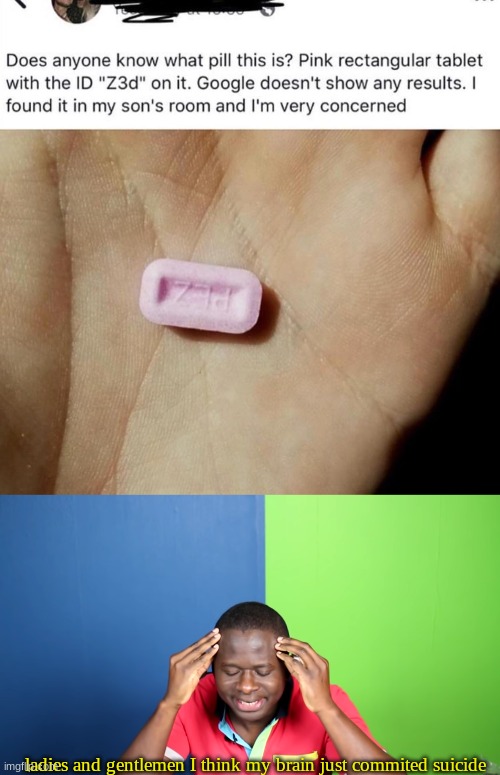

It remains a criminal offense in some countries. Suicide and attempted suicide, while previously illegal, are no longer so in most Western countries. Sati, a practice outlawed by the British in India, expected a Hindu widow to immolate herself on her husband's funeral pyre, either willingly or under pressure from her family and society. During the samurai era in Japan, a form of suicide known as seppuku ( 腹切り, harakiri) was respected as a means of making up for failure or as a form of protest. The Abrahamic religions traditionally consider suicide as an offense towards God due to belief in the sanctity of life. Views on suicide have been influenced by broad existential themes such as religion, honor, and the meaning of life. In the Western world, attempts are more common among young people and women. Non-fatal suicide attempts may lead to injury and long-term disabilities. There are an estimated 10 to 20 million non-fatal attempted suicides every year. Europe had the highest rates of suicide by region in 2015. Suicide is generally most common among those over the age of 70 however, in certain countries, those aged between 15 and 30 are at the highest risk.

Rates of suicide are generally higher among men than women, ranging from 1.5 times higher in the developing world to 3.5 times higher in the developed world. In a given year, this is roughly 12 per 100,000 people. Īpproximately 1.5% of all deaths worldwide are by suicide. This makes suicide the 10th leading cause of death worldwide. Suicides resulted in 828,000 deaths globally in 2015, an increase from 712,000 deaths in 1990. Common methods of suicide include hanging, pesticide poisoning, and firearms. The most commonly adopted method of suicide varies from country to country and is partly related to the availability of effective means. Although crisis hotlines are common resources, their effectiveness has not been well studied.

Effective suicide prevention efforts include limiting access to methods of suicide such as firearms, drugs, and poisons treating mental disorders and substance abuse careful media reporting about suicide and improving economic conditions. Those who have previously attempted suicide are at a higher risk for future attempts. Some suicides are impulsive acts due to stress (such as from financial or academic difficulties), relationship problems (such as breakups or divorces), or harassment and bullying. Mental disorders (including depression, bipolar disorder, schizophrenia, personality disorders, anxiety disorders), physical disorders (such as chronic fatigue syndrome), and substance abuse (including alcoholism and the use of and withdrawal from benzodiazepines) are risk factors. Football is an inherently violent sport and perhaps always will be so, but with more research into CTE, as well as more study and development into safer helmets, we'll at least be more educated and aware when we see players knocking helmets around on Sunday afternoon.Suicide is the act of intentionally causing one's own death.
I THINK MY BRAIN JUST COMMITTED PRO
Researchers can continue to make progress in studying what a lifetime of hits to the head - each around 20 g's of force, on average - can do to elite football players, often revered in their playing days yet forgotten upon retirement, when the lasting neurological effects finally start to show their presence.īut this is where we are with pro football, in an era where players are preemptively donating their brains to science, like former Chicago Bears quarterback (and Duerson teammate) Jim McMahon. More recently, CTE has been connected to athletes ranging from 21-year-old college football stars to baseball great Lou Gehrig.Īnd while it's true that are any number of complicated reasons why Duerson took his own life - it has been reported that he recently filed for bankruptcy - Duerson wanted to be sure that some good came from his death. Last April, after years of denials and side-stepping on the effects of concussions on football players, the NFL finally ponied up $1 million to the center in the hopes of accelerating research into a condition that was long associated with punch-drunk ex-boxers. More specifically, that would be the team headed by Chris Nowinski, co-director of the Center for the Study of Traumatic Encephalopathy at Boston University's School of Medicine. In fact, when police arrived at Duerson's apartment, they found a hand-written note: "PLEASE, SEE THAT MY BRAIN IS GIVEN TO THE NFL’S BRAIN BANK."


 0 kommentar(er)
0 kommentar(er)
